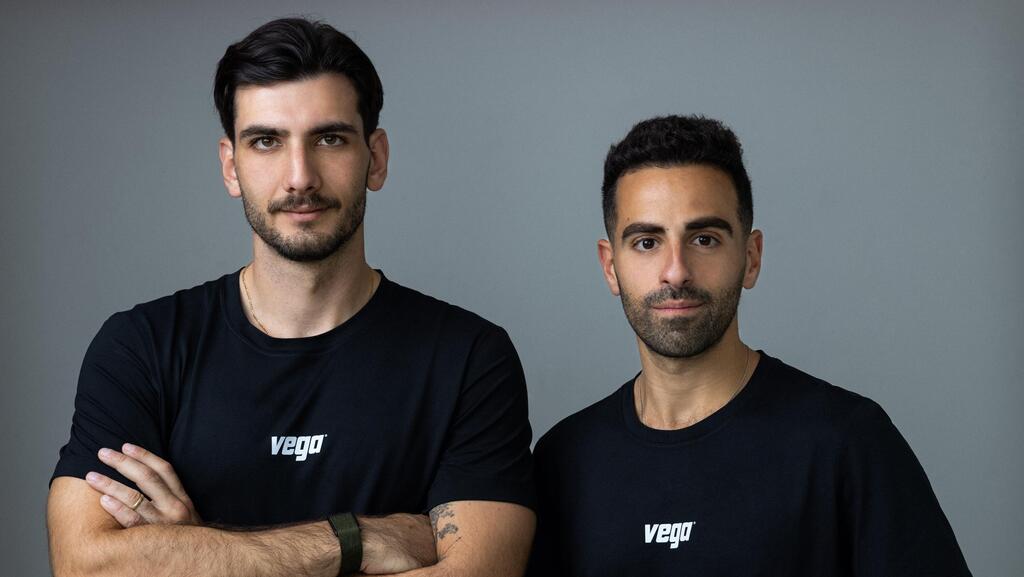
Secretive Israeli cyber startup Vega exits stealth with $65M at $400M valuation
Ex-Granulate members Shay Sandler and Eli Rozen aim to transform enterprise cybersecurity with AI-native threat detection.
Cybersecurity company Vega, which develops an AI-native security analytics and investigation platform, has raised $65 million across its Seed and Series A rounds. The funding, first reported by Calcalist, was led by Accel, with participation from Redpoint, Cyberstarts, and CRV. According to sources, the company was valued at $400 million in the round.
Full list of Israeli high-tech funding rounds in 2025
Founded in 2024 by Shay Sandler (CEO) and Eli Rozen (CTO), both of whom previously worked at Intel’s Granulate, Vega is taking aim at one of the most entrenched tools in enterprise security: Security Information and Event Management (SIEM) systems. These systems, designed in an era of moderate data volumes and slower infrastructure growth, now struggle to keep pace with sprawling, cloud-first enterprises that generate terabytes of logs each day.
SIEM platforms typically require companies to funnel all their security data into centralized repositories, a process that is both costly and slow. The result, according to Vega, which employs about 60 people in Tel Aviv and New York, is blind spots, delayed investigations, and spiraling costs that can run into millions of dollars annually.
“Two-thirds of security teams’ time is wasted searching for data instead of stopping attacks,” said Sandler, Vega’s co-founder and CEO. “The teams aren’t to blame; it’s the broken, costly architecture. Vega flips the model: we analyze data in place and leverage AI to automatically surface what matters most, giving teams the speed, clarity, and coverage they need to outpace threats.”
Related articles:
Vega’s platform applies a federated approach, analyzing data directly where it resides, whether in cloud services, storage buckets, SaaS applications, or legacy systems. By eliminating the need for centralization, Vega says it enables faster investigations, automated detection of coverage gaps, and real-time optimization of security posture. Analysts can query data in plain English, aided by AI-assisted workflows, which the company claims reduces noise and accelerates investigations.
The company’s approach has already attracted Fortune 500 companies, leading banks, and a major global healthcare provider as customers.